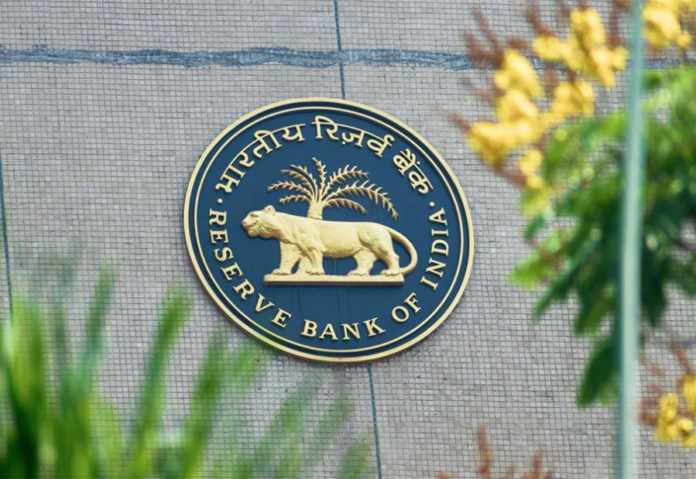The Reserve Bank of India (RBI) stated Thursday that as digitization has expanded, there is a greater chance of cyberattacks, digital frauds, data breaches, and operational breakdowns. The RBI urged banks, non-bank financial firms (NBFCs), and cooperative banks to improve their risk management practices in its report on the Trends and Progress of Banking in India.
In order to prevent dishonest practices, such as suspicious or odd transactions, the regulator also stated that stricter IT governance structures, client onboarding, and transaction monitoring systems were required.
The regulator wrote in its report that “the increased adoption of digital banking and FinTech solutions highlights the need to improve traditional banking models and address new regulatory challenges.” Indeed, at the end of March 2024, the average value of all types of frauds was at its lowest level in 16 years, and the total amount involved was at its lowest level in ten years.
Additionally, the regulator raised concerns about the sharp rise in the usage of mule bank accounts for online fraud. According to the RBI, these types of frauds put banks at significant operational and financial risk as well as reputational harm.
“Banks need to strengthen their customer onboarding and transaction monitoring systems to monitor unscrupulous activities,” it said. “This also requires effective coordination with the law enforcement agencies (LEAs) so that the concerns occurring at a systemic level are detected and curbed in time.”
Banks reported 13,133 occurrences of digital (card and internet) fraud totaling ₹514 crore for the April–September 2024 period.
In the same time frame last year, banks recorded 12,069 incidents of fraud totaling ₹630 crore. In terms of both quantity and number of incidents, online and card frauds accounted for 44.7% and 85.3% of all frauds, respectively.
The regulator also urged non-bank financial firms to be aware of the changing financial risks connected to climate change and concentration when lending to certain industries.
In order to reduce risk and avoid being overly dependent on bank-led funding, it also recommended that NBFCs diversify their funding sources even further.
Non-banks should refrain from the reckless “growth at any cost” strategy, according to the RBI, since it may backfire. Rather, businesses ought to create a strong framework for risk management and bolster efforts to resolve consumer complaints, follow ethical standards, and refrain from using usurious interest rates.
Also read: Viksit Workforce for a Viksit Bharat
Do Follow: The Mainstream formerly known as CIO News LinkedIn Account | The Mainstream formerly known as CIO News Facebook | The Mainstream formerly known as CIO News Youtube | The Mainstream formerly known as CIO News Twitter
About us:
The Mainstream formerly known as CIO News is the premier platform dedicated to delivering the latest news, updates, and insights from the CIO industry. As a trusted source in the technology and IT sector, we provide a comprehensive resource for executives and professionals seeking to stay informed and ahead of the curve. With a focus on cutting-edge developments and trends, The Mainstream formerly known as CIO News serves as your go-to destination for staying abreast of the rapidly evolving landscape of technology and IT. Founded in June 2020, The Mainstream formerly known as CIO News has rapidly evolved with ambitious growth plans to expand globally, targeting markets in the Middle East & Africa, ASEAN, USA, and the UK






